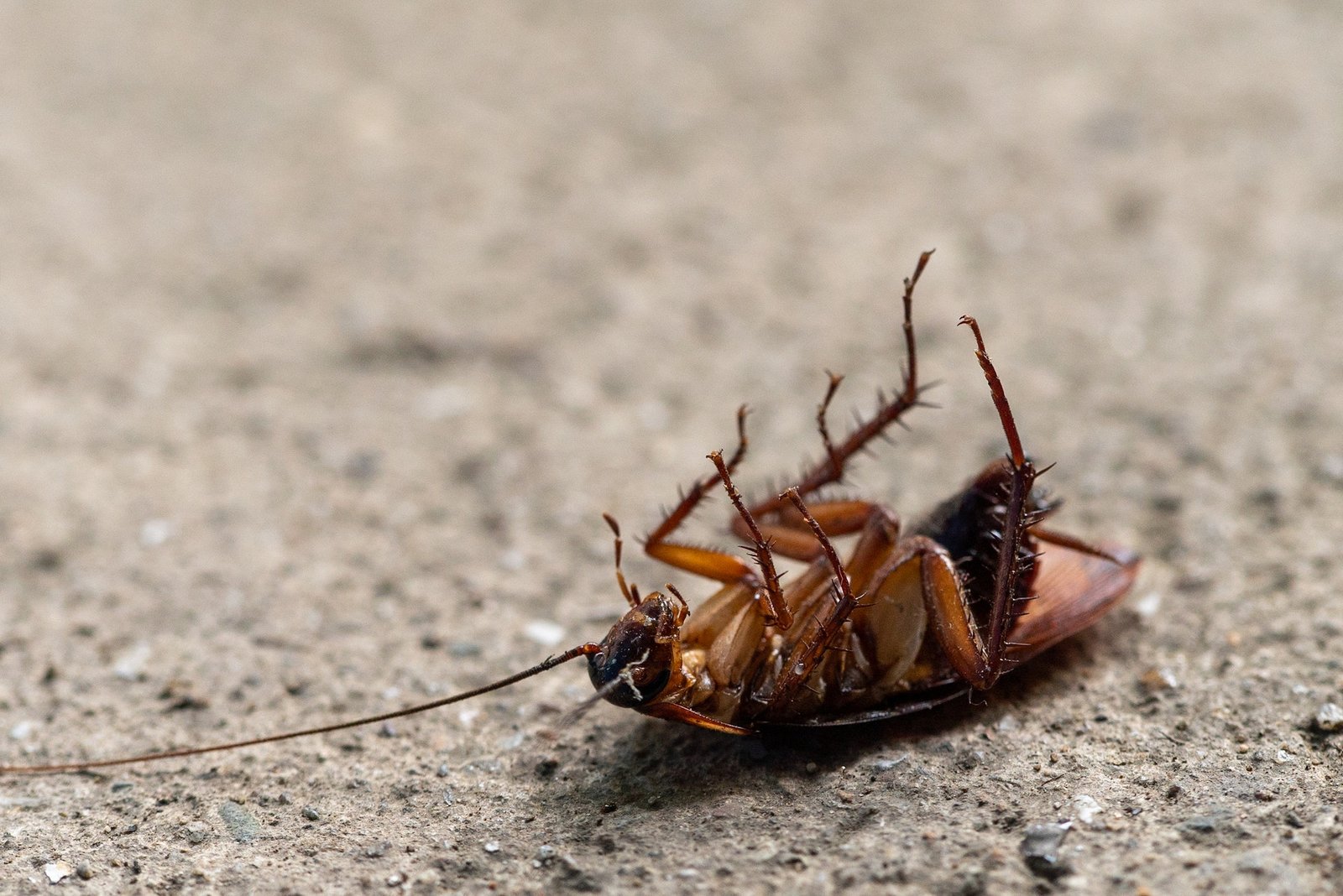Between January 2021 and March 2022, FDA collected and tested 144 samples of imported honey in an effort to identify products containing sweeteners that were not listed on product labeling, such as cheaper syrups from sugar cane and corn, according to a December 14 constituent update.
While honey is produced by bees from plant nectar, it can only be labeled simply as ‘honey’ if it doesn’t contain added sweeteners. If a product contains honey and sweeteners, it must be labeled as a ‘blend’ and include an ingredient statement, per the federal Food, Drug & Cosmetic Act.
When companies label their products as honey but also include sweeteners, “they do so to lower their production costs, but consumers still pay the full price for what is deceptively labeled as honey, with the additional profit going to the companies,” FDA says.
“Simply put, consumers are being cheated,” according to the agency.
Moreover, those actions constitute fraud. FDA characterizes that type of fraud under the regulatory term ‘economically motivated adulteration,’ or EMA.
Honey samples with sweeteners violative, refused entry
FDA’s assessment for EMA was undertaken as part of a risk-based import entry screening program.
The 144 imported honey samples tested came from bulk and retail shipments labeled as honey from 32 countries, and were tested at ports of entry or other holding locations where products are typically held before entering domestic commerce.
Forty percent of the samples tested originated in India and Vietnam, which were the top two countries for honey imports to the US in four of the last five years. Bulk shipments comprised 75 of the samples, while 69 came from retail shipments.
FDA analyzed each sample (comprising three subsamples of at least 240mL of honey) utilizing stable carbon isotope ratio analysis to determine compliance with regulations.
“When the agency found a subsample to have carbon isotope values atypical to those of authentic honey, the agency classified the associated sample as violative/noncompliant,” FDA said.
Of the 14 samples that tested positive, four originated in Yemen, three in Vietnam, two in the Dominican Republic, and one each from Greece, India, Italy, Lebanon and Thailand.
The sweetener-added samples were considered violative and were refused entry to the US. Further, the associated companies and products were placed on an import alert. The actions are “consistent with the agency’s mission to ensure that food is safe, wholesome and properly labeled.”
“When appropriate, the agency may consider pursuing criminal investigations,” FDA says.
FDA will continue to test for EMA
According to FDA, it will continue to test imported honey for EMA through its sampling and risk-based import entry screening program. Additionally, the agency is working together with international counterparts on EMA issues associated with imports, including honey.
EMA of honey is “somewhat prevalent,” FDA says, pointing to data indicating 13% of honey in Canada and 14% in the European Union is adulterated with undeclared sweeteners.
“Given these data, the FDA conducted this assignment to better understand the extent of economically motivated adulteration among imported honey and to identify violative products and prevent them from being distributed in the US market.”
FDA advises honey importers and food manufacturers who use honey as an ingredient to ensure the authenticity of their honey to help protect consumers.
“Labeling on packaged food in interstate commerce is required to be truthful and not misleading, according to the FD&C Act,” FDA says.
National Honey Board: Zero-tolerance policy on adulterated imports
The National Honey Board sent us the following statement: “The honey industry in the United States has a zero-tolerance policy when it comes to adulterated imports. Our beekeepers and honey packers work hard to preserve the purity of our product. In fact, the honey industry invests hundreds of thousands of dollars every year in stringent testing protocols for honey at multiple points during the journey from hive to retail store shelves.
“One important step to ensure consumers can be confident they are always getting pure honey is the U.S. Food and Drug Administration’s sampling program to detect any Economically Motivated Adulteration in imported honey. Continuous testing, tough enforcement by FDA, and sanctions on the perpetrators of food fraud are critical to eliminating Economically Motivated Adulteration and protecting consumers. With the stringent testing protocols the honey industry and the FDA have joined to implement, consumers can feel confident that the honey product they purchase in the United States is pure and all-natural.”
The board added: “The National Honey Board is committed to supporting the development and refinement of all honey testing methods as we work in tandem with the FDA toward the common goal of eliminating food fraud in our industry.”












